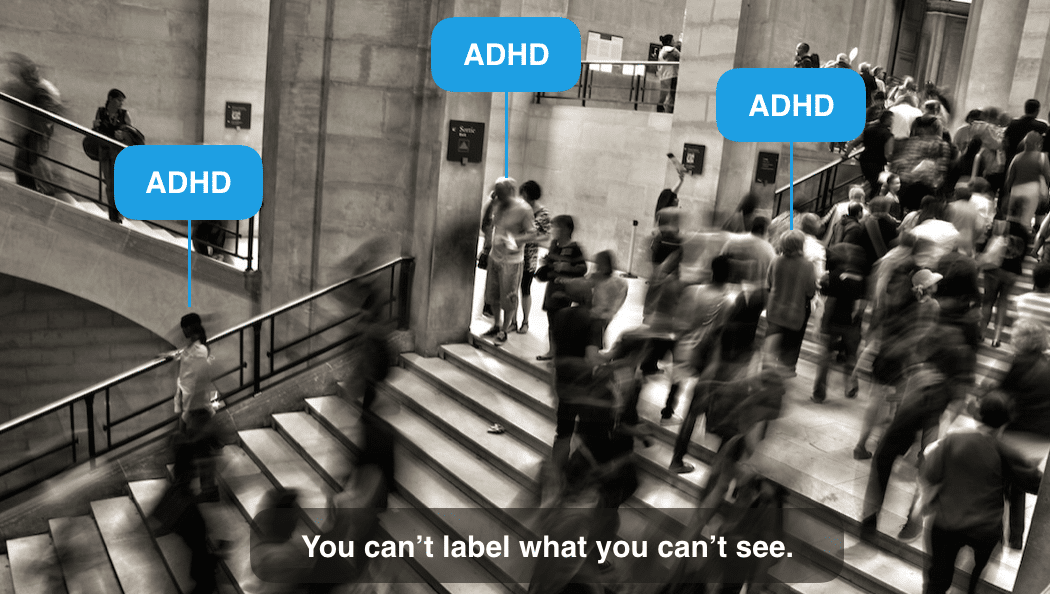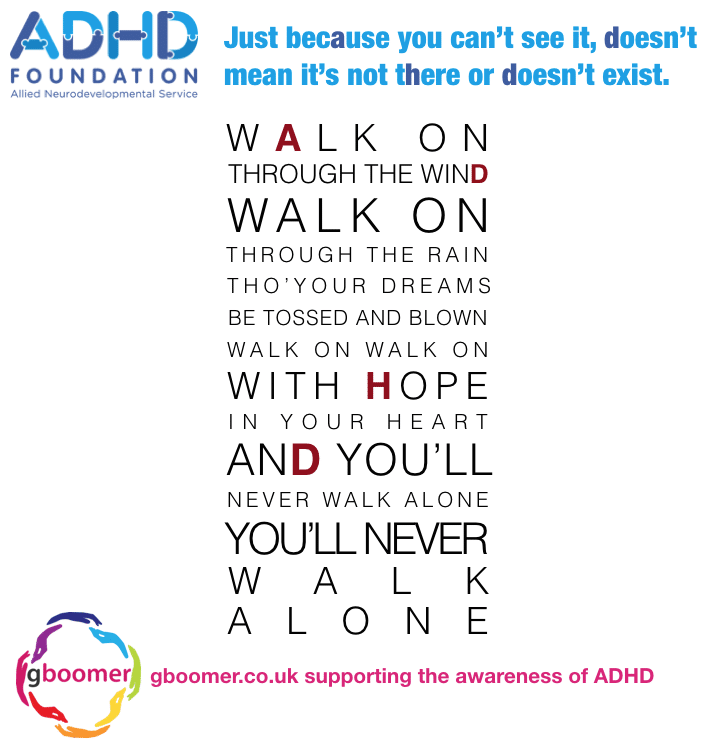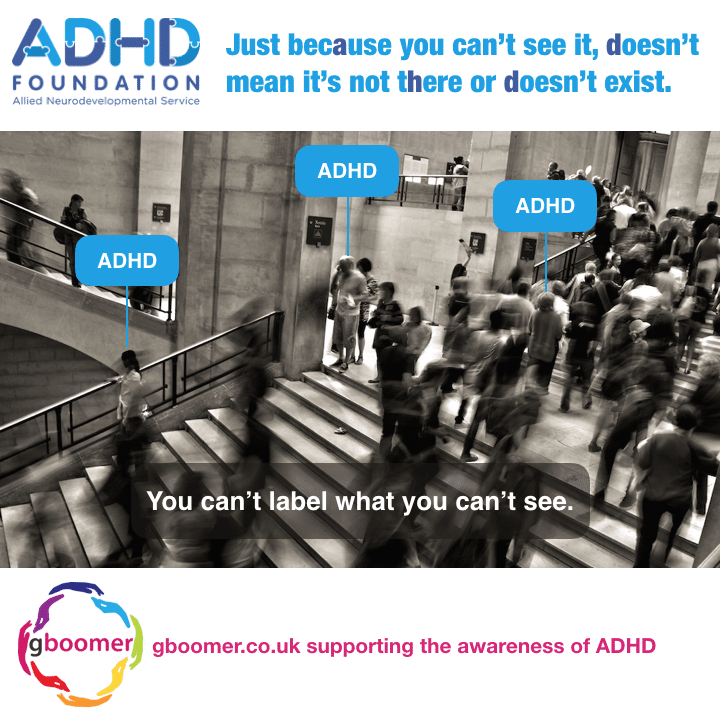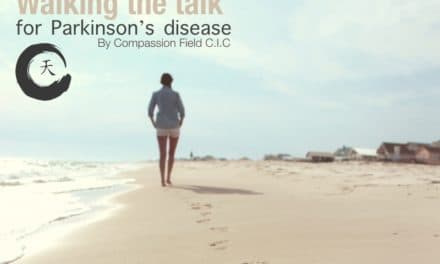ADHD FOUNDATION

Why swift identification and treatment of ADHD makes sense

The Umbrella Project
The goal behind this initiative is to raise awareness and understanding, encouraging discussion around Attention Deficit Hyperactivity Disorder (ADHD) and autism.
Devised and curated by Liverpool-based ADHD Foundation, which this year celebrates its tenth anniversary as a charity, the Umbrella Project transforms Church Alley (leading up to the Bluecoat) into a canopy of colour until the end of August. The individual umbrellas have also been personally signed by children from St Oswald’s primary school in Old Swan and across Merseyside, many of whom have ADHD, autism and other neurodevelopment conditions.
The Umbrella Project has been made possible thanks to sponsorship from Equazen, makers of the scientifically developed omega-3 supplements, Liverpool City Council and the Mayor of Liverpool, Joe Anderson, who has pledged to make Liverpool
Explaining the idea behind the Umbrella Project, Dr Tony Lloyd, chief executive of ADHD Foundation, commented:
“The name for the project was actually chosen by the brilliant children who work with the foundation. ADHD and autism are ‘umbrella terms’ for a whole variety of neurodevelopment difficulties, and we want to highlight that fact and challenge the stigma of what can be ‘invisible’ disabilities. The Umbrella Project is about reminding adults – be it parents, teachers or potential employees – that young people with ADHD and other conditions possess many gifts, talents and skills to offer their communities. Their condition is not a disabler, but an enabler, a superpower!
“The foundation would like to thank Equazen, Liverpool City Council and the Mayor of Liverpool, Joe Anderson, whose support for the project has been amazing.”
Mayor of Liverpool, Joe Anderson, said:
“I wholeheartedly support ADHDFoundation’s Umbrella Project. Liverpool City Council is fully committed to supporting the education, mental health and employability of people with ADHD and autism. Raising awareness is fundamental in engaging conversations and promoting the general public’s understanding of ADHD. With half a million children across the country being affected by the condition, with many going completely undiagnosed, it is more important now than ever that as a city we lead the way in doing everything we can to support them.
“I want Liverpool to truly be an ADHD and autism friendly city. We have to work together to remove the barriers that are preventing people from being able to reach their true potential. The Umbrella Project is a great way of showing that commitment and engaging those conversations.”
Public health nutritionist and advisor to Equazen, Dr Emma Derbyshire, noted:
“The ADHDFoundation Umbrella Project is a really inspirational initiative that Equazen is part of. As a project, it illustrates the complexity and broad spectrum of behavioural issues associated with ADHD — and the need for a range of treatment options and support. Equazen is one of the few companies to fund research into omega-3 supplementation. Like myself, they know how life-changing it can be to find an effective therapy.”
Local businesses are invited to get involved with the Umbrella Project by sponsoring an umbrella for just £250, which will buy a whole programme of support for families. Individuals can sponsor £50 which will fund two therapy sessions for children affected.
ADHD Foundation works tirelessly to challenge the stigma and highlight ADHD as a mental health issue which now affects one in 20 children and one 60 adults in the UK. Its aim is to promote and improve the mental health outcomes, educational attainment, employability, social inclusion and life chances of children, young people and adults affected by ADHD through early intervention, with a range of training and therapies.
For more information about ADHD Foundation, visit www.adhdfoundation.org.uk or call 0151 237 2661. You can also follow us on Twitter @ADHDFoundation.








